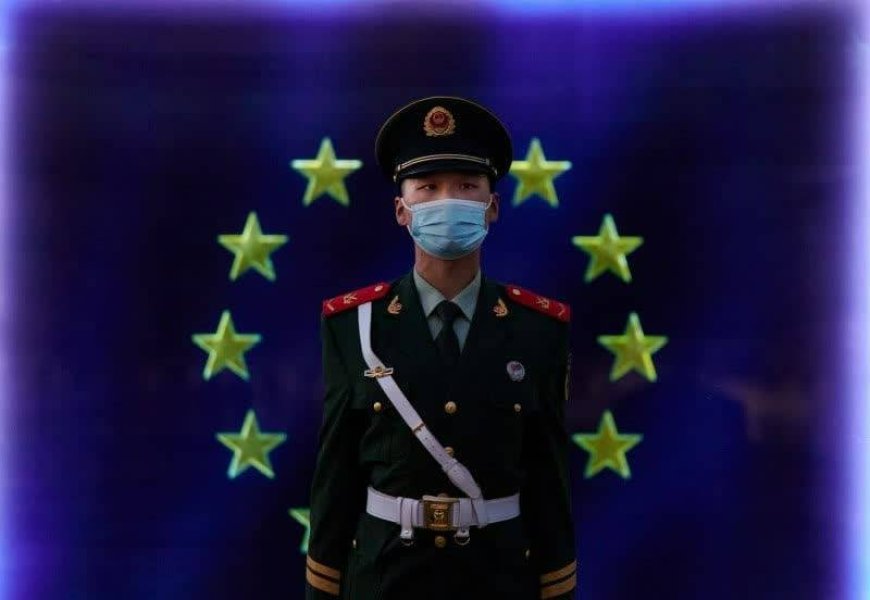Europe's Tech Paranoia: West's Technological War Against China

European governments have long prided themselves on their pivotal role in global industrial and economic arenas, viewing technological superiority as the key to maintaining their competitive edge. Within this landscape, European countries, particularly those within the European Union, are fervently pursuing avenues for economic expansion by engaging with major global players. Chief among these partnerships is the robust economic relationship shared with China, which presents both opportunities and challenges for Europe.
While Europe acknowledges China as a significant economic powerhouse, it also perceives the East Asian powerhouse as a formidable adversary in the realm of cutting-edge technology. This perception has spurred European nations to erect barriers impeding China's technological advancements, driven by a deep-seated fear of relinquishing their technological monopoly—a scenario deemed too costly for Europe to contemplate.
The recent visit of the German Chancellor to China underscored the intricate web of economic interdependence between the two nations. Germany, with China as its largest trading partner, recognizes the strategic importance of fostering strong ties with the Asian giant. Amid discussions aimed at resolving contentious issues, Germany's nuanced approach hints at a recalibration of its stance towards China, possibly influenced by China's resilient economic growth projections exceeding 5%, solidifying its status as a global economic powerhouse.
In tandem with diplomatic overtures, European nations are employing political and propagandistic tactics to exert pressure on China, safeguarding their supremacy in technological domains where they currently hold an advantage. Notably, Germany's recent arrests of individuals suspected of espionage for China, allegedly involving the transfer of sensitive military technology, signal a concerted effort to thwart any encroachment on European technological dominance.
These approaches have elicited strong criticism from Chinese officials, with the spokesperson of the Chinese Foreign Ministry dismissing reports of espionage as mere propaganda aimed at tarnishing China's image. The escalating tensions underscore a strategic shift in Europe's approach towards China as European nations, particularly the continent's major powers, intensify political and propaganda campaigns to counter China's technological rise.
The underlying motivation behind Europe's negative measures appears to be rooted in a desire to impede China's technological progress, thereby preserving Europe's technological superiority and bolstering its negotiating leverage vis-à-vis China. Rather than fostering mutual technological exchange, European countries seem intent on safeguarding their core technologies as a means of asserting dominance on the global stage.
As Europe navigates this delicate balancing act, the implications of its policy approach towards China loom large. The evolving dynamics between Europe and China underscore a broader strategic calculus at play, one that prioritizes safeguarding Europe's technological hegemony at all costs. The coming days will reveal the extent to which Europe's strategy vis-à-vis China will shape the future landscape of global technological competition.













































